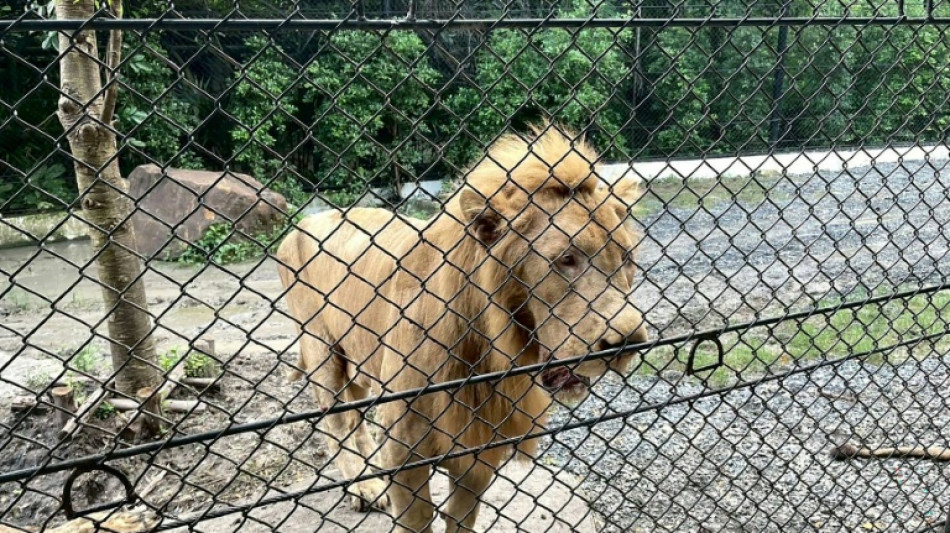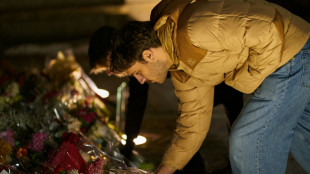

Scrutiny on Thai zoo grows after lion attack
A Thai zoo has temporarily closed its predator zone after lions mauled a zookeeper to death, wildlife officials said Friday, as scrutiny on the park's animal treatment intensified.
Safari World, which claims on its website to be one of Asia's largest open-air zoos, is controversial for its staged shows featuring kickboxing orangutans and hula-hooping elephants.
On Wednesday, a pack of lions mauled 58-year-old longtime zookeeper Jian Rangkarassamee to death when he stepped out of his vehicle.
An autopsy found he suffered multiple deep lacerations, a broken neck and ruptured arteries.
The five lions, apparently led by a 10-year-old male named Trump, have been confined to cages for close monitoring, and the park has closed off its big cat section until repairs and improvements are completed.
The Department of National Parks' (DNP) wildlife conservation director Chalerm Poommai told AFP Friday that an inspection found damaged fences, inadequate warning signs and too few CCTV cameras.
The zoo's permit which expired in October last year is still awaiting renewal, he added.
"The zoo needs to meet safety standards to prevent such an incident from happening again," he said, but added the lions' wildlife instinct "cannot be erased".
A Safari World representative said Friday other parts of the zoo remain open and are safe for visitors, but declined to comment further.
Conservationists have accused the zoo of exploiting more than a hundred orangutans forced to perform kickboxing matches, with Indonesian forestry officials alleging the primates were smuggled into Thailand by sea.
In the wake of the attack, animal welfare groups Wildlife Friends Foundation Thailand (WFFT) and People for the Ethical Treatment of Animals (PETA) issued statements calling for more stringent controls on wildlife ownership in the kingdom.
Lion ownership is legal in Thailand, where the captive population has surged in recent years, with nearly 500 registered in zoos, breeding farms, petting cafes and private homes.
Founder of WFFT Edwin Wiek called on authorities to impose a "complete stop to private ownership of dangerous animals" such as lions.
"If this incident can happen at a zoo with safety guidelines, imagine what could happen in someone's backyard," he said.
Sadudee Punpugdee, the DNP's wildlife protection director, said zookeepers are advised to carry defensive gear such as electric batons or high-pressure hoses, and work in pairs under a mandatory "buddy system".
He added that DNP officials will inspect other zoos and private lion owners nationwide to ensure standards are met.
V.Ekstrom--StDgbl






